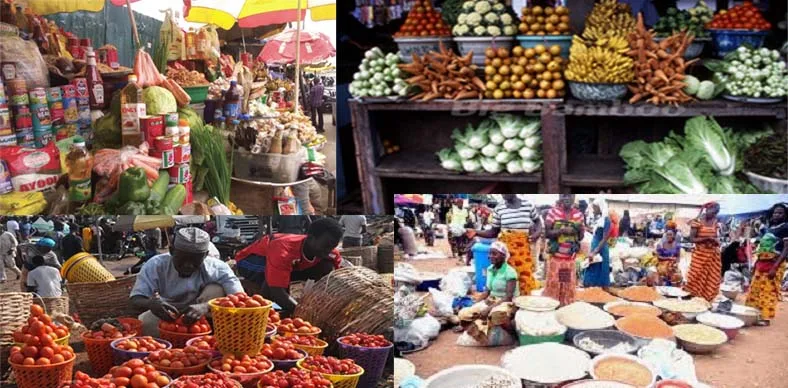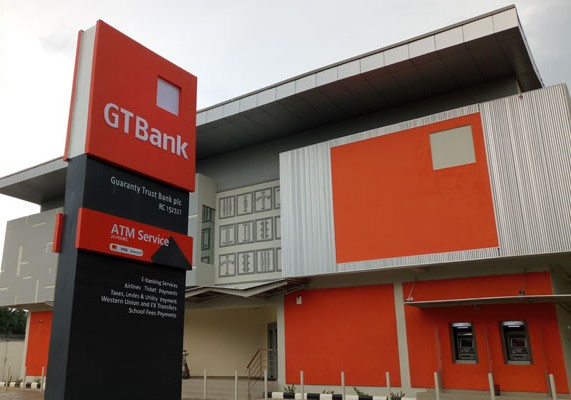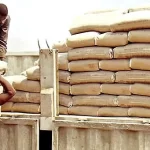A recent report by the World Bank has said that Nigeria is among the top five countries worst affected by food inflation worldwide. The report, released in September, highlights Nigeria’s deteriorating food security due to rising inflation, conflict, and climate-related challenges. The nation ranks third in Africa, following Malawi and Liberia.
“Food inflation is a growing crisis in Nigeria, and it is largely fuelled by insecurity in agricultural regions and environmental disasters like flooding,” stated the World Bank report. “These factors have made food both scarce and expensive for millions.”
Join our WhatsApp ChannelThe World Bank’s findings show that Nigeria faces one of the fastest-growing rates of food inflation, placing immense pressure on households already struggling to make ends meet.
Insecurity and Climate Change Worsen Food Inflation
The report draws attention to several factors contributing to Nigeria’s high food inflation. One of the major causes is ongoing conflict in the northern regions, where many farmers have been displaced or killed. A report by SB Morgan Intelligence revealed that between 2020 and 2024, over 1,350 farmers were killed, primarily in northern Nigeria, due to conflict and attacks by armed groups.
Climate change also plays a major role in worsening food inflation. Over the past year, severe flooding has destroyed farmlands across Nigeria, displacing hundreds of thousands of people and reducing food production.
“We’ve seen a significant increase in the price of staple foods, and this is directly linked to insecurity in farming regions and extreme weather events like floods,” said Dr. Aisha Bello, a food security expert. “These floods are not just affecting the north but also southern regions, disrupting food supply chains.”
Food Insecurity Rising
Food inflation has resulted in a sharp rise in food insecurity across Nigeria. According to the World Bank, the number of people facing food insecurity in Nigeria increased by 28% between August 2023 and September 2024. This means millions more are struggling to afford basic food items.
READ ALSO: Food Inflation Crisis: Nigerian Govt Approves N2trn Package, Suspends Duty On Rice, Wheat, Others
The latest data from the Cadre Harmonisé analysis, a regional framework used to assess food security in West Africa, indicates that over 55 million people across West Africa, including Nigeria, faced food insecurity during the lean season of June to August 2024. Nigeria is particularly hard hit due to its combination of high inflation, conflict, and environmental challenges.
In some of the worst-affected regions, farmlands have been submerged due to flooding. The report estimates that 1.6 million hectares of land were affected, with 342,650 hectares of cropland flooded in Nigeria alone. This flooding impacted nearly 700,000 individuals who depend on farming for their livelihoods.
Rising Inflation Continues to Threaten Food Prices
The food inflation crisis in Nigeria has been exacerbated by soaring petrol prices, which have further pushed up the cost of transporting food products. Earlier this year, the Nigerian National Petroleum Corporation Limited (NNPCL) raised fuel prices, adding to the strain on food prices.
“Transportation costs have doubled in many parts of the country, making it even harder to get food to the markets,” said trader Musa Ibrahim from Kano. “This adds to the inflation we’re already facing, and it hits the poorest the hardest.”
Nigeria’s inflation rate peaked at a record 40.87% in June 2024, the highest in 28 years, before slightly easing in July. However, analysts warn that the recent flooding and rising fuel costs could trigger another wave of food price hikes, worsening the situation for millions of Nigerians.
Looking Ahead: Addressing the Food Crisis
As food inflation continues to rise, the Nigerian government and international bodies like the World Bank are looking for solutions to stabilise food prices and increase food production. The World Bank has advised Nigeria to address insecurity in farming regions and improve its response to climate change to help reduce the impact of food inflation.
“Food security must be a top priority for Nigeria’s policymakers,” noted the World Bank report. “Without tackling the root causes—conflict, climate change, and inflation—Nigeria’s food crisis will continue to worsen.”
Many experts believe that only long-term strategies, such as investing in climate-resilient agriculture and improving security in food-producing regions, will be effective in reversing the current food inflation trend.
As Nigeria grapples with these challenges, millions of people await much-needed relief from the growing food crisis. The global community watches closely, recognising that Nigeria’s struggle with food inflation could have broader implications for food security in the West African region.
Emmanuel Ochayi is a journalist. He is a graduate of the University of Lagos, School of first choice and the nations pride. Emmanuel is keen on exploring writing angles in different areas, including Business, climate change, politics, Education, and others.
- Emmanuel Ochayihttps://www.primebusiness.africa/author/ochayi/
- Emmanuel Ochayihttps://www.primebusiness.africa/author/ochayi/
- Emmanuel Ochayihttps://www.primebusiness.africa/author/ochayi/
- Emmanuel Ochayihttps://www.primebusiness.africa/author/ochayi/



















Follow Us